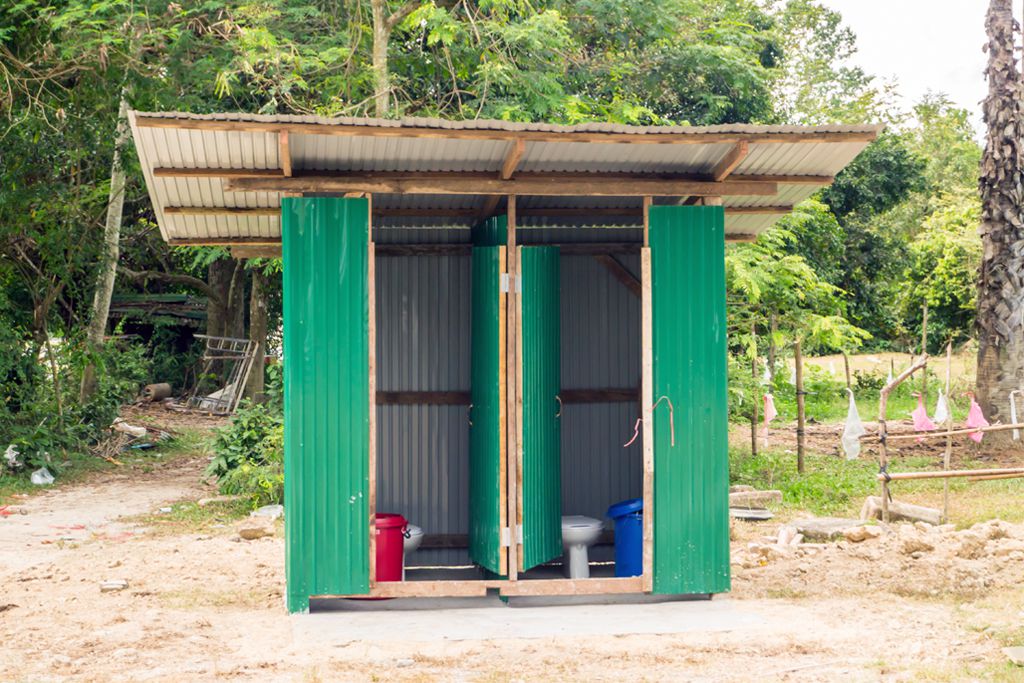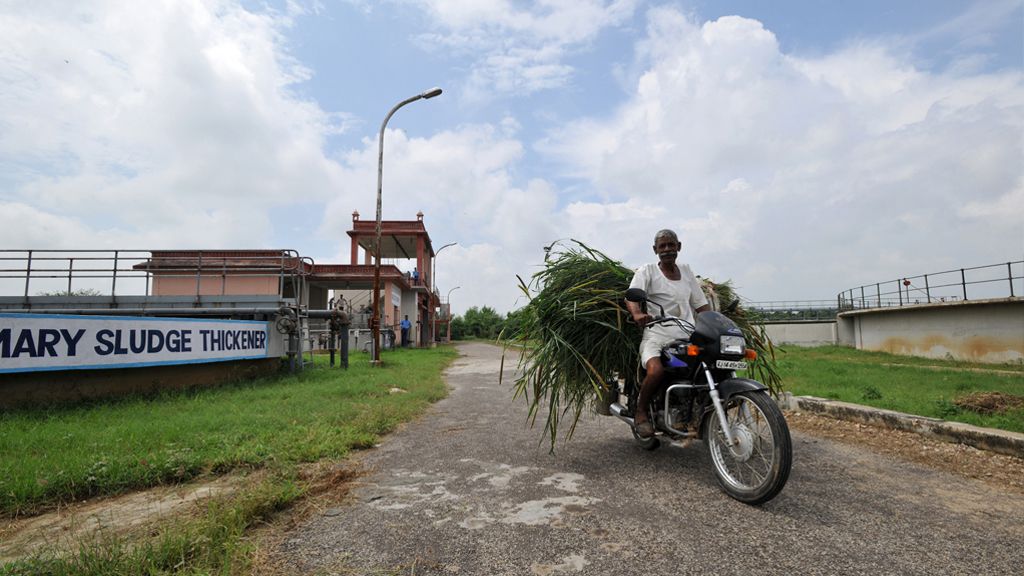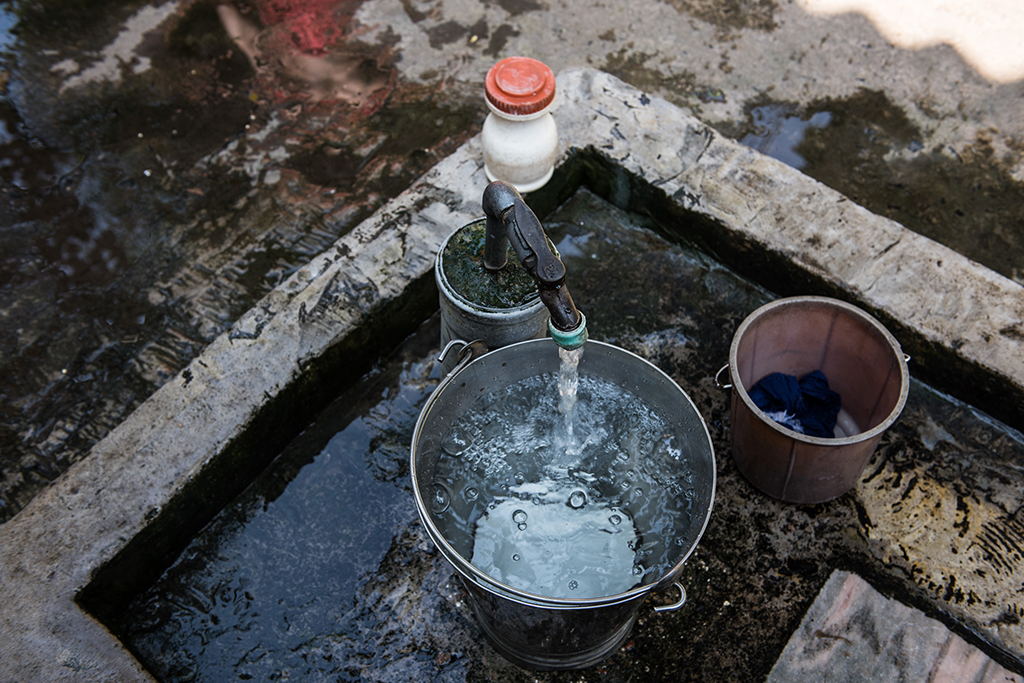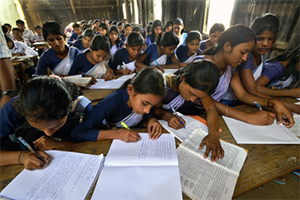How can the private sector help solve the sanitation challenge?
The private sector can play a vital role in solving the sanitation challenge. The following four aspects highlight the importance of private sector participation in sanitation in developing countries, including in Asia.




